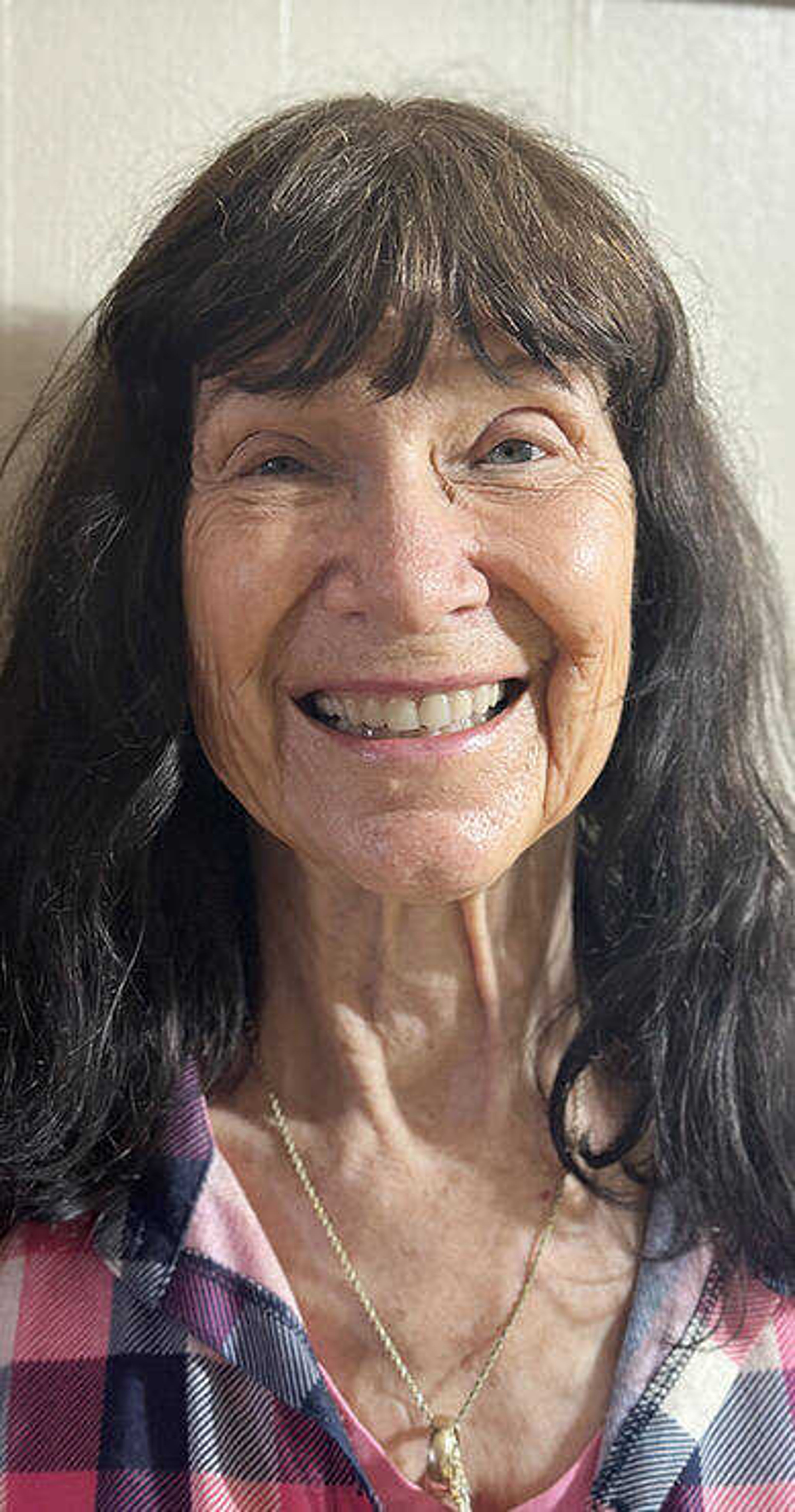Expecting nothing in return
A lump swelled in my throat as I continued reading the e-mail. Absorbing the message caused me to recall other similar situations I've witnessed in nursing homes and other circumstances. An elderly white-haired man faithfully visited his wife in the nursing home each day. Everyone observing Matt's behavior marveled at his unwavering perseverance -- turning up each day at her room...
A lump swelled in my throat as I continued reading the e-mail. Absorbing the message caused me to recall other similar situations I've witnessed in nursing homes and other circumstances.
An elderly white-haired man faithfully visited his wife in the nursing home each day. Everyone observing Matt's behavior marveled at his unwavering perseverance -- turning up each day at her room.
He sat by her bed, stroking her hair and conveying news from home. He reminisced about their past. Finally, someone asked the old man, "Why do you stretch yourself so thinly by spending each day with her? Couldn't you visit only occasionally? She doesn't even know who you are."
While arranging flowers of red, yellow, orange, green and blue in a gracefully curved crystal vase, Matt answered. With a tear falling, he said "But I know who she is.
"I realize she doesn't recognize me, even though we were married 50 years. You see, she has Alzheimer's disease."
He expected nothing in return. His love for her remained so strong he was willing to sacrifice his energy, time and love on a wife living in another world -- but he remembered how she once was. He acted according to the Psalmist's prayer, "Do not cast me off in the time of old age. Do not forsake me when my strength is spent." (Psalm 71:9)
After thinking about Matt's situation, I recalled a relative who also devotededly visited his wife in the nursing home day after day -- spending the whole day. He could scarcely walk, due to a severe case of emphysema.
She knew his identity but due to her physical condition she constantly scolded him. He could never please her -- yet he remained her constant companion.
They, too, were married for more than 50 years and he, also, "knew who she was" and expected nothing in return -- only to feel her presence. What an exhibition of love.
It's not only the elderly whom we must love, expecting nothing in return. Often parents are forced to endure undeserved punishment from children trying to find their way in life. Offspring are sometimes so absorbed with themselves and their problems they are too depressed to give anything emotionally or physically to anyone.
Yet parents and friends hang on, knowing the child is not himself. Even though someone who is despondent might treat those around him with hostility or without interest, loved ones know what they once were and can again be.
Even though for various reasons they're unable to remember and return affection and love, family and friends love and tolerate the person because of who he was when things were better.
If we can all remember that it's holding people in our hearts that's important, then time, space, their being alive or dead, contributing or being unproductive makes no difference.
We can remember and love them as we knew them before --expecting nothing in return, but continuing to recognize them as God does. "Lord, you probed me and you know me" (Psalm 139)
Ellen Shuck is director of religious education at St. Mary's Cathedral Parish.
Connect with the Southeast Missourian Newsroom:
For corrections to this story or other insights for the editor, click here. To submit a letter to the editor, click here. To learn about the Southeast Missourian’s AI Policy, click here.










